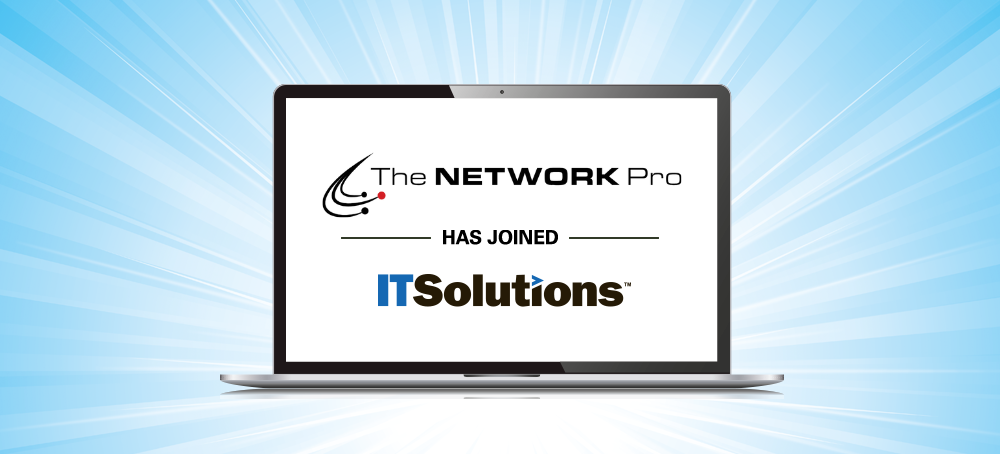In this era of digital acceleration, manufacturing firms are leveraging modern technologies to augment efficiency, cut down expenses, and retain their competitive edge. Yet, as they embrace digitalization, they also face an upsurge in cyber threats. In this context, the Cybersecurity Maturity Model Certification (CMMC) is gaining prominence as a key tool in managing these cyber risks, paving the way for a new cybersecurity paradigm within the manufacturing sector. This article offers a deep dive into the CMMC framework and its transformative impact on manufacturing’s future.
A Closer Look at CMMC
The Cybersecurity Maturity Model Certification, known as CMMC, is a comprehensive cybersecurity standard that Department of Defense (DoD) contractors must meet to secure classified information. Nevertheless, its scope extends beyond defense contractors. Given the considerable cyber risks inherent in the sector, manufacturers are acknowledging the significant potential of this model.
CMMC comprises five distinct maturity levels, from “Basic Cyber Hygiene” to “Advanced/Progressive”. Each of these levels encompasses a series of practices and processes that, when efficiently executed, offer varying degrees of cybersecurity refinement and assurance.
The Impact of CMMC on Manufacturing
Let’s explore how CMMC is reshaping the cybersecurity realm within the manufacturing industry:
- Bolstering Cybersecurity Infrastructure
Manufacturing firms are vulnerable to a wide array of cyber threats, including data breaches and industrial espionage. The CMMC framework equips manufacturers to establish a solid cybersecurity infrastructure. By complying with its standards, manufacturers can safeguard their intellectual property, classified data, and operational processes from cyber threats, thereby guaranteeing uninterrupted operations.
- Strengthening Supply Chain Security
Manufacturers often depend on intricate supply chains, which, in the absence of appropriate security measures, can provide multiple gateways for cyber criminals. CMMC aids in enhancing the security of the entire supply chain. The certification ensures that all supply chain entities conform to suitable cybersecurity practices, consequently reducing vulnerabilities and enhancing overall security.
- Boosting Competitiveness
As manufacturers become more reliant on technology, their customers, partners, and stakeholders increasingly expect evidence of comprehensive cybersecurity measures. Possessing CMMC certification is a clear testament to a manufacturer’s dedication to cybersecurity. This helps not only in garnering trust but also in securing a competitive edge.
- Streamlining Cybersecurity Investment
CMMC provides a structured blueprint for cybersecurity, enabling manufacturers to comprehend their current cybersecurity maturity and the steps required to progress to the next level. This clear guideline aids in making informed decisions regarding cybersecurity investments and ensures that resources are allocated where they can yield the most significant benefits.
Final Thoughts: Welcoming a New Era
As the manufacturing sector embraces digital transformation, cybersecurity must take center stage. With the aid of frameworks like CMMC, manufacturers can safeguard their assets, ensure operational continuity, and foster confidence among stakeholders. As we observe this trend evolving, we anticipate a more secure and resilient manufacturing sector, where digital transformation and cybersecurity are intrinsically linked.
The CMMC is more than a means to achieve cybersecurity compliance; it’s a tool for redefining the industry’s response to cyber threats, nurturing a culture of security, and fortifying the industry’s future. The adoption of CMMC is a significant step towards a future where cybersecurity becomes an integral component of the manufacturing fabric.

